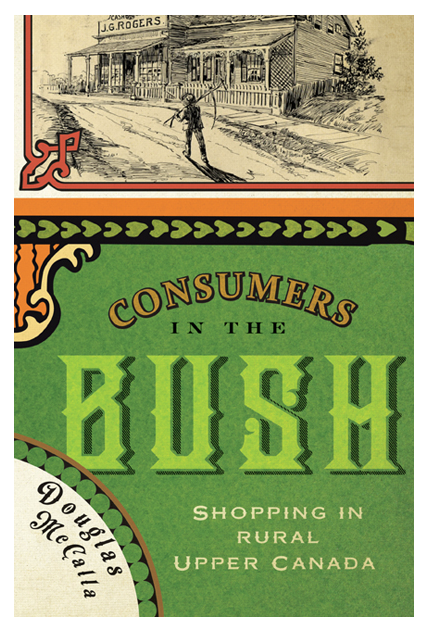Digital Humanities Work-Study Project Goes Live March 26

University of Guelph Archival & Special Collections is excited to announce the launch of the Scottish Chapbook Digital Humanities site! This collaborative project between the University of Guelph Library and Centre for Scottish Studies will provide unprecedented free online access to a hidden collection of over 600 chapbooks housed in Archival & Special Collections, as well as essays and exhibits to interpret and contextualize them.
The site was made possible, in part, by undergraduate students in History in our Digital Humanities fourth-year seminar work-study project, who prepared the reproductions of the chapbooks that appear on the site. The digital archive will go live on March 26th, so stay tuned...


 Little-known Canadian helped transform public health nursing
Little-known Canadian helped transform public health nursing Our next Scottish Studies Roundtable Series is on March 2 from 4-5:30pm in MCKN 132. Ryan Burns of Northwestern University, will give a presentation titled "Cromwell, Lord Protector of Catholics? Strange Bedfellows in Cromwellian Scotland." This presentation "will explain why Scottish Catholics welcomed Cromwell, a man whose massacres in Ireland were well known, and a man who saw Catholicism as a “false, abominable and Antichristian doctrine” full of “useless orders and traditions”. It is part of a larger project on anti-popery and religious toleration’s failure to rise in early modern Scotland."
Our next Scottish Studies Roundtable Series is on March 2 from 4-5:30pm in MCKN 132. Ryan Burns of Northwestern University, will give a presentation titled "Cromwell, Lord Protector of Catholics? Strange Bedfellows in Cromwellian Scotland." This presentation "will explain why Scottish Catholics welcomed Cromwell, a man whose massacres in Ireland were well known, and a man who saw Catholicism as a “false, abominable and Antichristian doctrine” full of “useless orders and traditions”. It is part of a larger project on anti-popery and religious toleration’s failure to rise in early modern Scotland."
 Our own Alice Glaze has won the Women's History Scotland Leah Leneman Essay Prize 2014 for her essay: "Women and Kirk Discipline: Prosecution, Negotiation and the Limits of Control." This prize is very prestigious and embellishes the Department's role as a preeminent site for Scottish Studies worldwide!
Our own Alice Glaze has won the Women's History Scotland Leah Leneman Essay Prize 2014 for her essay: "Women and Kirk Discipline: Prosecution, Negotiation and the Limits of Control." This prize is very prestigious and embellishes the Department's role as a preeminent site for Scottish Studies worldwide!
 by Teresa Pitman for @Guelph
by Teresa Pitman for @Guelph